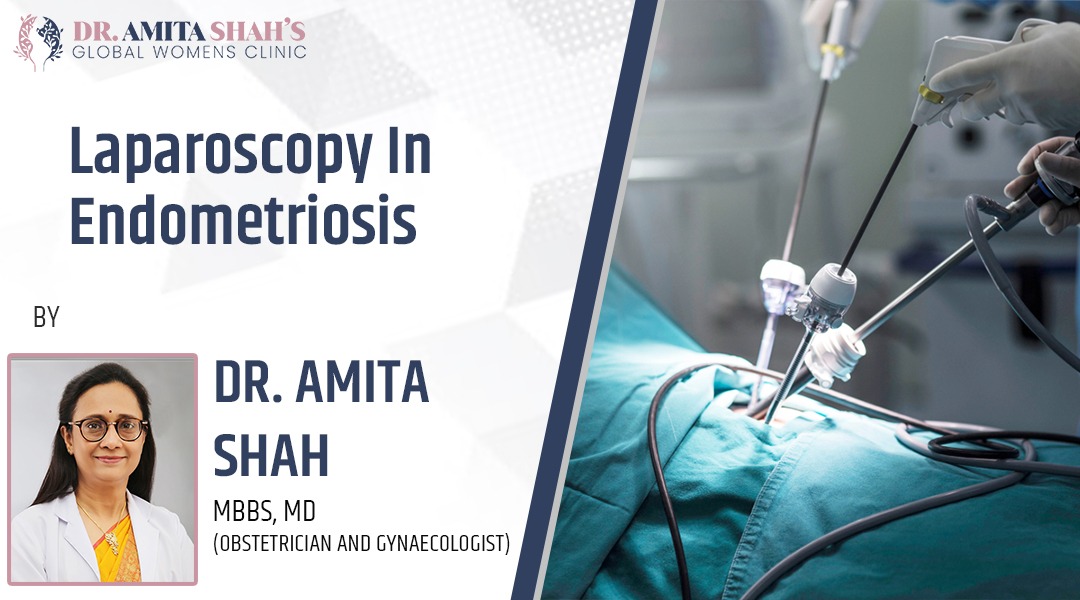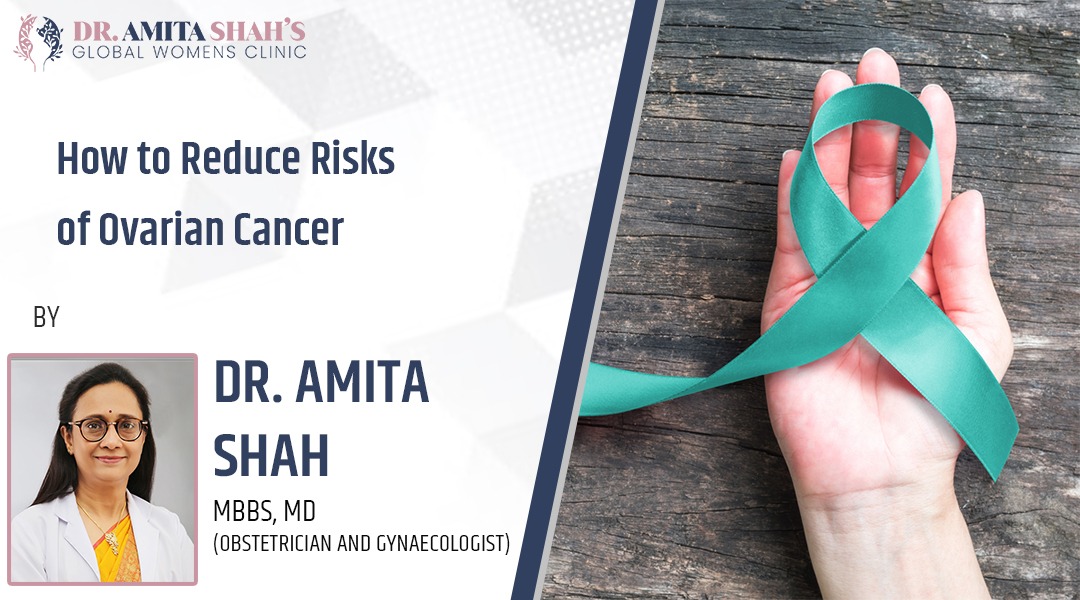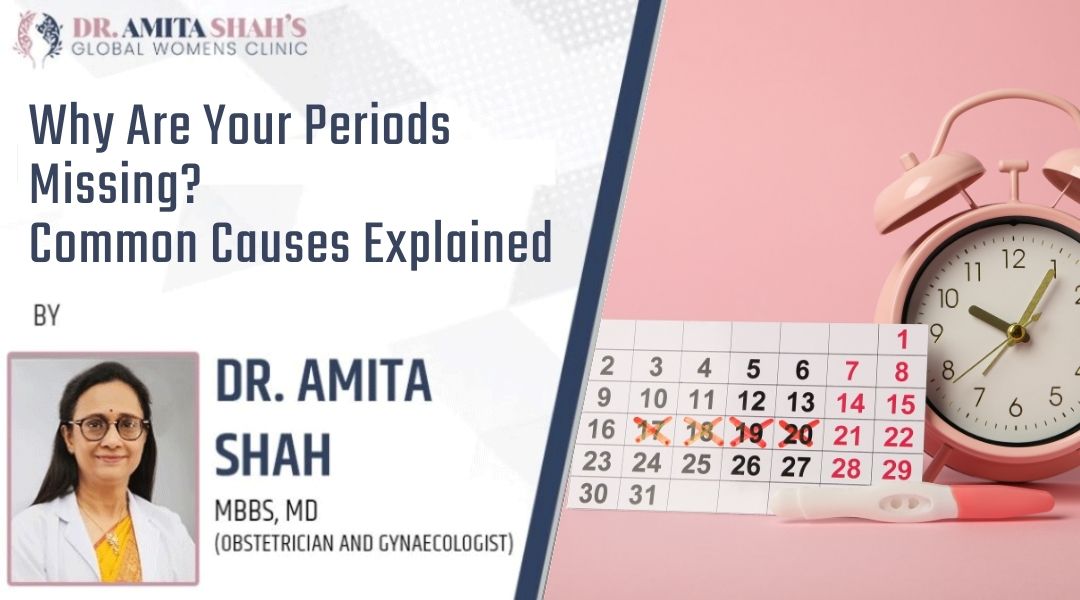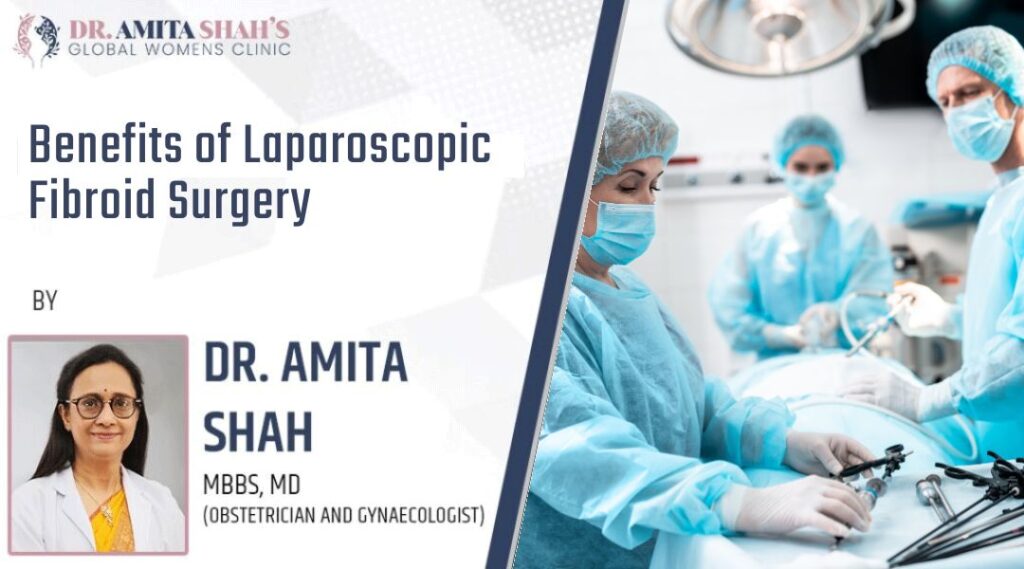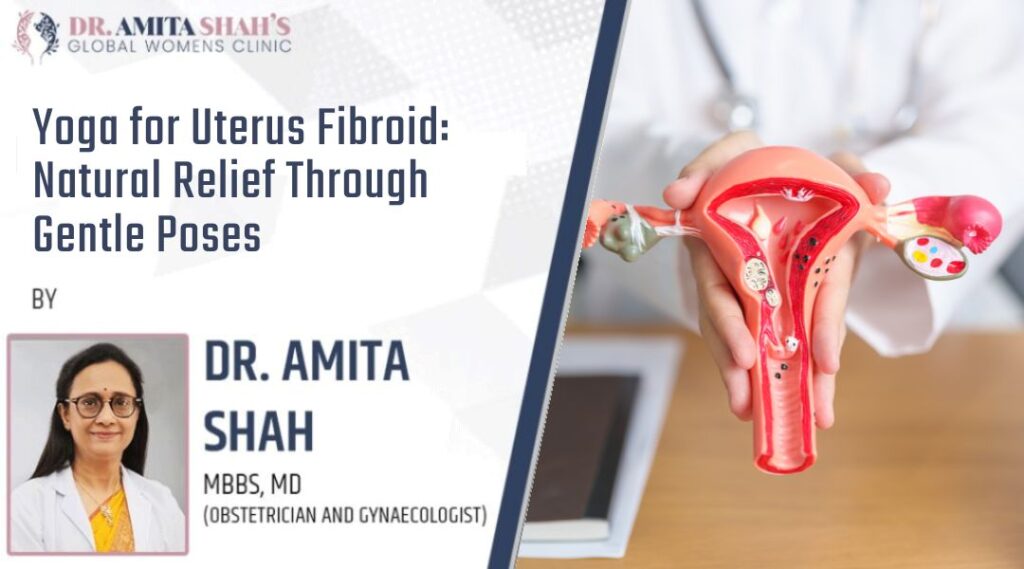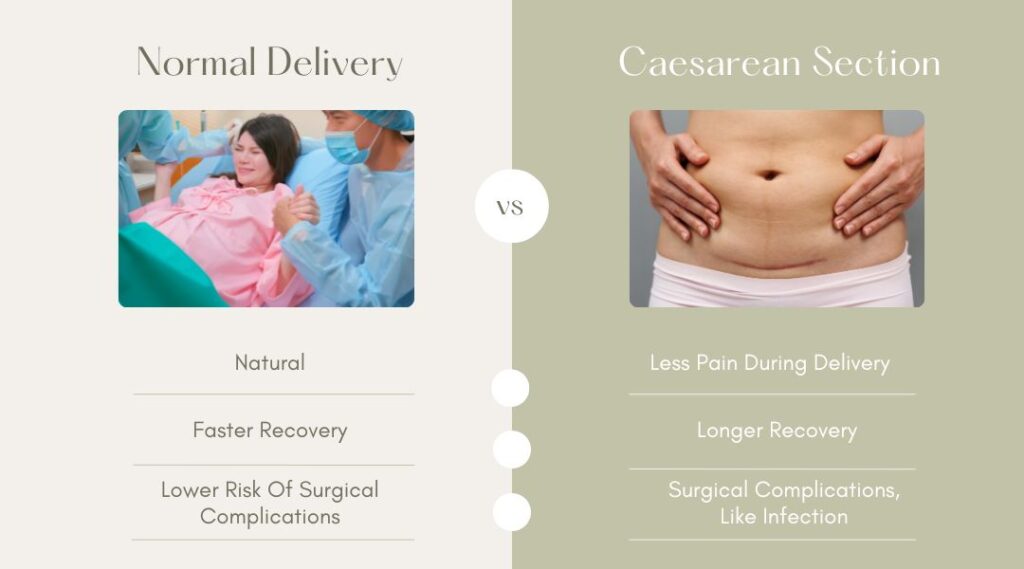Endometriosis is a condition that affects around 11% of women of reproductive age, which can cause pelvic pain, heavy periods, and infertility. Endometriosis occurs when the tissue that lines the uterus grows outside the uterus, leading to inflammation and the formation of scar tissue. Endometriosis can cause fertility problems in women, but several natural methods can help improve fertility.
Explanation of endometriosis and its effect on fertility:
Endometriosis can interfere with the ability of the sperm to reach the egg, and the egg’s ability to implant itself in the uterus. The inflammation caused by endometriosis can also damage the reproductive organs and cause scarring, which can make it difficult to conceive.
Brief overview of conventional treatments for endometriosis and infertility:
Conventional treatments for endometriosis and infertility include surgery to remove the endometrial tissue, medications to manage pain and reduce inflammation, and assisted reproductive technologies such as in-vitro fertilization (IVF).
Introduction to natural methods for improving fertility:
Several natural methods can help improve fertility, including changes in diet and lifestyle, and alternative therapies such as acupuncture and herbal remedies.
Diet and Nutrition:
Eating a healthy and balanced diet can help reduce inflammation, improve hormone balance, and support overall reproductive health. Some specific foods and nutrients that can improve fertility and reduce endometriosis symptoms include:
Omega-3 fatty acids found in fish, flaxseeds, and chia seeds can help reduce inflammation.
Antioxidant-rich foods such as berries, dark leafy greens, and nuts can help protect against oxidative stress and improve egg quality.
Foods rich in iron, such as lean red meat, spinach, and lentils, can help support healthy blood flow to the reproductive organs.
Foods high in fibre, such as whole grains, fruits, and vegetables, can help improve digestive health and reduce estrogen levels.
Specific foods and nutrients that can improve fertility and reduce endometriosis symptoms:
In addition to the foods mentioned above, other foods and nutrients that can improve fertility and reduce endometriosis symptoms include:
Vitamin D is important for hormone balance and can be found in fortified dairy products, fatty fish, and sunlight exposure.
Calcium is important for bone health and can be found in dairy products, leafy greens, and fortified foods.
Magnesium, which can help reduce inflammation and improve hormone balance, can be found in nuts, seeds, and leafy greens.
Tips for creating a fertility-friendly diet plan:
Some tips for creating a fertility-friendly diet plan include:
Eating a variety of nutrient-rich foods to ensure adequate intake of vitamins and minerals.
Choosing whole foods over processed foods to reduce inflammation and improve digestive health.
Incorporating healthy fats such as olive oil, avocado, and nuts to support hormone balance.
Limiting caffeine and alcohol intake can negatively affect fertility.
Lifestyle Changes:
*Explanation of how lifestyle factors can affect fertility with endometriosis:
Stress and anxiety can negatively affect fertility by disrupting hormone balance and reducing blood flow to the reproductive organs. Exercise and movement can help improve circulation and reduce inflammation, which can improve fertility.
Tips for reducing stress and managing anxiety:
Some tips for reducing stress and managing anxiety include:
Practising relaxation techniques such as deep breathing, meditation, or yoga.
Getting enough sleep to support hormone balance and overall health.
Seeking support from friends, family, or a therapist.
Engaging in activities that bring joy and relaxation.
Suggestions for incorporating exercise and movement into a daily routine
Start slowly and gradually increase the intensity and duration of exercise
Consider low-impact exercises such as walking, swimming, or cycling
Incorporate stretching or yoga to improve flexibility and reduce muscle tension
Choose activities that you enjoy to increase motivation and adherence
Listen to your body and adjust the intensity or type of exercise as needed
Experiment with different types of exercise to find what works best for you
Consider working with a physical therapist or personal trainer who has experience with endometriosis
Medical Treatments for Endometriosis and Infertility
Endometriosis can be treated with various medical interventions, depending on the severity of the condition. Hormonal therapies are often the first-line treatment for endometriosis, as they can help to reduce the size of the endometrial implants and decrease pain. Hormonal treatments may include birth control pills, progestin-only therapies, or gonadotropin-releasing hormone (GnRH) agonists. However, hormonal treatments may have side effects such as weight gain, mood changes, and decreased bone density, so it is important to weigh the benefits and risks with your doctor.
*In-vitro fertilization (IVF) is an assisted reproductive technology that can be used to treat infertility in women with endometriosis. IVF involves fertilizing eggs with sperm in a laboratory and then transferring the resulting embryos to the uterus. IVF can be used to bypass the fallopian tubes, which may be affected by endometriosis and to improve the chances of pregnancy. Other assisted reproductive technologies, such as intrauterine insemination (IUI), may also be options for some women with endometriosis.
Natural Methods for Improving Fertility with Endometriosis:
While medical treatments can be effective in managing endometriosis and improving fertility, there are also natural methods that can help. As we discussed earlier, exercise and movement can help to reduce inflammation and improve overall health, which can support fertility. Eating a healthy, balanced diet with plenty of fruits, vegetables, and whole grains can also be beneficial for managing endometriosis and improving fertility.
Conclusion
Endometriosis can be a challenging condition, but there are many treatments available to help manage symptoms and improve fertility. Medical treatments such as hormonal therapies and IVF can be effective in treating endometriosis and infertility. Additionally, natural methods such as exercise, diet, and alternative therapies can be used to support fertility and overall health. It is essential to work with a healthcare provider to develop a treatment plan that works best for you and your individual needs. Remember, with proper care and support, many women with endometriosis can achieve successful pregnancies.


